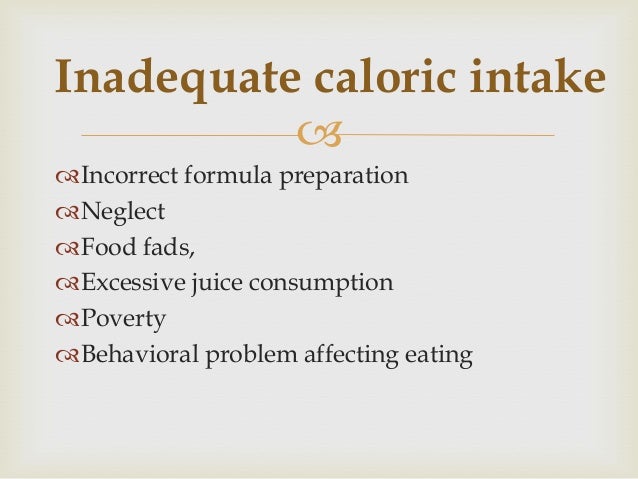Problems With Water Retention and Drinking Alcohol
by
Contrary to what many people believe, drinking water does not cause fluid retention. In fact, drinking more water, not less, can actually help to correct the problem. However, drinking alcohol can cause you to retain water. But unless you chronically abuse alcohol, water weight gain is usually only temporary. Unfortunately, alcoholism can lead to impaired liver function, which causes excess fluid to build up in the feet, ankles and legs.
Dehydration

Drinking too much alcohol can lead to dehydration, and therefore, problems with water retention. People who drink heavily often need to urinate more frequently or may perspire more than usual. They also tend to drink less water and fewer other fluids. Urination and sweating both increase the amount of fluid your body loses, especially if you don't replace the fluids. When the body is dehydrated, it tends to retain waterTO MAKE UP for the loss. A major health concern is that when you don't keep your body well hydrated with fluids, the organs have to work harder.
for the loss. A major health concern is that when you don't keep your body well hydrated with fluids, the organs have to work harder.
Drinking too much caffeine can also cause dehydration problems. However, Katherine Zeratsky, a nutritionist at the Mayo Clinic, points out that caffeine has a diuretic effect only when you consume large quantities of it (see Reference 2). Still you may find yourself running to the bathroom more often if you drink between four and seven cups of coffee in a day to help counteract the effects of an alcohol hangover.
Drinking too much caffeine can also cause dehydration problems. However, Katherine Zeratsky, a nutritionist at the Mayo Clinic, points out that caffeine has a diuretic effect only when you consume large quantities of it (see Reference 2). Still you may find yourself running to the bathroom more often if you drink between four and seven cups of coffee in a day to help counteract the effects of an alcohol hangover.
Inadequate Caloric Intake

The National Institute on Alcohol Abuse and Alcoholism (NIAAA) reports that it is not uncommon for alcoholics to suffer from malnutrition and related nutritional deficiencies that can eventually damage the liver (see Reference 3). Alcoholics often consume less than the recommended daily amount of calcium, iron, B vitamins, fats, carbohydrates and protein. Eating a low calorie diet over an extended period of time can cause water retention. If you consume fewer than 1,200 calories a day, you may not be getting enough protein. Protein draws excess water out of the body's tissues. Symptoms of protein deficiency may include puffiness and a bloated abdomen.
Liver Disease

Alcohol can be extremely harmful to the liver. In fact, the NIAAA reports that liver cirrhosis and other liver diseases are among the leading causes of alcohol-related deaths (see Reference 3). The American Academy of Family Physicians also underscores that liver cirrhosis is one cause of hypervolemic hyponatremia (see Reference 4). Hyponatremia is an electrolyte imbalance in the body that causes an increase in the water content of cells. Liver disease can be responsible for fluids accumulating in the body. Not drinking alcohol, eating a well balanced diet and taking dietary supplements can sometimes help in the treatment of liver disease.
Nhận xét
Đăng nhận xét